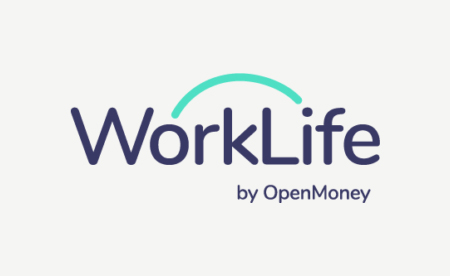Mental health concerns growing among SME workers

– A third (34%) of SMEs have been approached by workers with mental wellbeing concerns since lockdown restrictions began easing in April
– Personal finance troubles were also prominent (27%), as were challenges surrounding childcare and looking after elderly relatives (27%) and fears about job losses (24%)
– Some 17% of SMEs cited helping workers with their mental wellbeing as being a key concern for their business, followed by helping them manage the long-term effects of the pandemic on their personal finances (15%)
11 October 2021
Results from WorkLife’s Small Business Monitor show that a third (34%) of SMEs have been approached by employees with mental wellbeing concerns since lockdown restrictions began easing in April. This is up from 26% in the Spring study.
The employee benefits platform’s analysis reveals that, overall, 93% of firms have had workers come to them with worries in recent months. After mental health concerns, troubles about personal finances were prominent (27%), as were challenges surrounding childcare and caring for elderly relatives (27%) and fears about job losses (24%).
As the UK moves through the recovery phase, it’s clear that returning to the company premises is also a cause for concern for SME workers. A quarter (25%) of firms WorkLife engaged with said that staff were worried about contracting COVID-19 by going to work, while 18% feared being asked to return to the office. Interestingly, the same number (18%) have the opposing concern – that they will be expected to work remotely permanently from now on.
Thankfully though, the wellbeing of employees is high on the agenda for small businesses. Over the next 12 months, respondents cited supporting workers with the long-term impact of the pandemic on their mental wellbeing (17%) and their personal finances (15%) as being key concerns for their company, as well as appropriately rewarding employees (14%).
In particular, firms are recognising the potential risks that longer term remote working arrangements pose to employees’ overall wellbeing. Almost three in 10 respondents (29%) said they were worried about the impact on employees’ mental health due to working from home over the long-term, while 21% were concerned about workers’ physical wellbeing, due to people not having the correct workplace setup in place, for example.
WorkLife director Steve Bee says that these statistics highlight how, as we move through the coming months, SMEs cannot afford to lose focus on employees, many of whom are entering yet another fundamental period of transition.
He commented: “While there are signs that the worst may be over for some small businesses, there’s sadly no quick fix for those workers who – having already been grappling with the effects of prolonged job insecurity and a lingering fear of contracting COVID-19 – are now undergoing yet another phase of adjustment.
“The clear mental and financial strain that comes through in our research is concerning and could have a corrosive effect on employees’ overall wellbeing if left unaddressed. So while it’s encouraging to see that the main focus areas for SMEs is around the welfare of staff, it’s vital that firms’ good intentions translate into concrete action as we progress further through this period of reopening.
“Employers who have not already done so simply must be engaging with employees – be it on a personal basis or via HR professionals – to assess people’s concerns and where they would benefit from more support or flexibility. A happy and productive workforce is a key pillar to any successful company, but it’s important to remember that for many people, the workplace is where they are going to be able to access the support they really need right now.”
WorkLife’s Small Business Monitor is based on research carried out by 3Gem among 750 senior financial and HR decision makers in UK SME companies with 5 – 250 employees. Fieldwork for the Summer report took place 15-19 July 2021 and 14-22 March 2021 for Spring.
